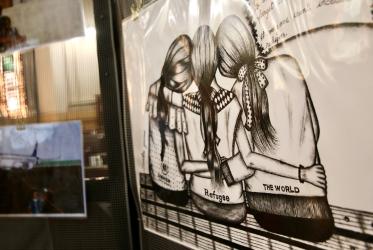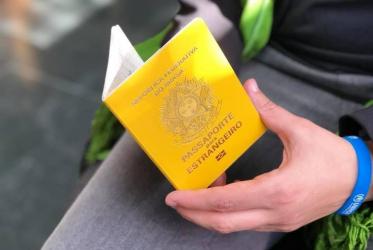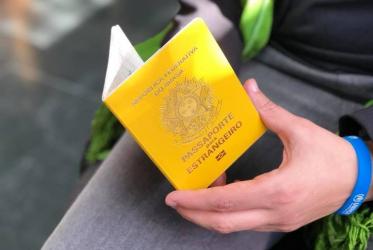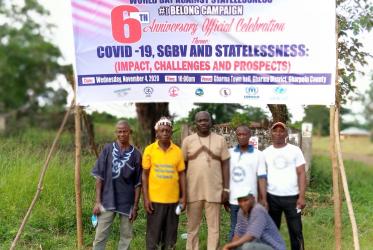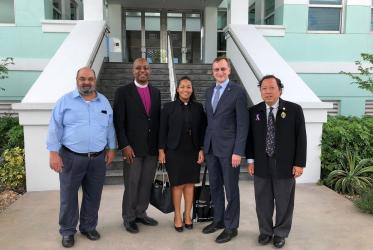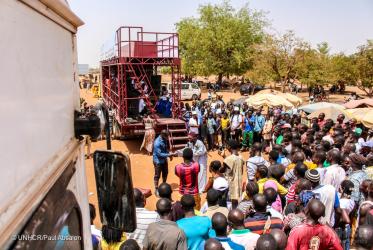Displaying 1 - 20 of 26
Webinar “Realizing Equal Nationality Rights for All”
04 November 2021
https://us02web.zoom.us/webinar/register/WN_FNyMmKC3TW6SNfCouZDhuw
WCC co-signs message to UN on statelessness
07 October 2019
Dr Saïd Ailabouni: God is on the side of rejected, oppressed, occupied
12 September 2019
Women in development create space for hope in Egypt
15 June 2017
God’s forgotten children
20 June 2016
